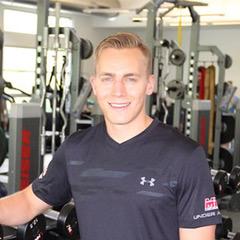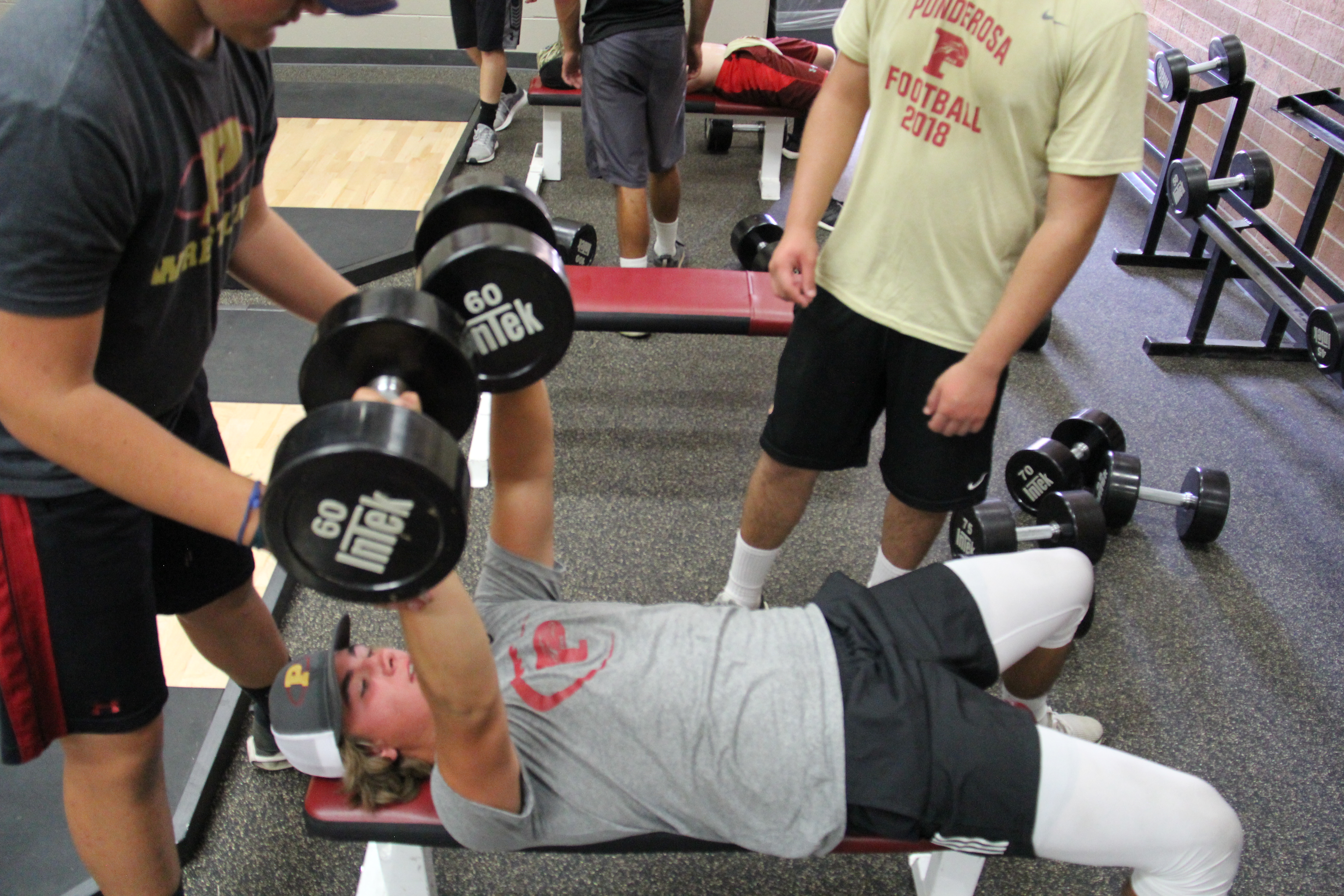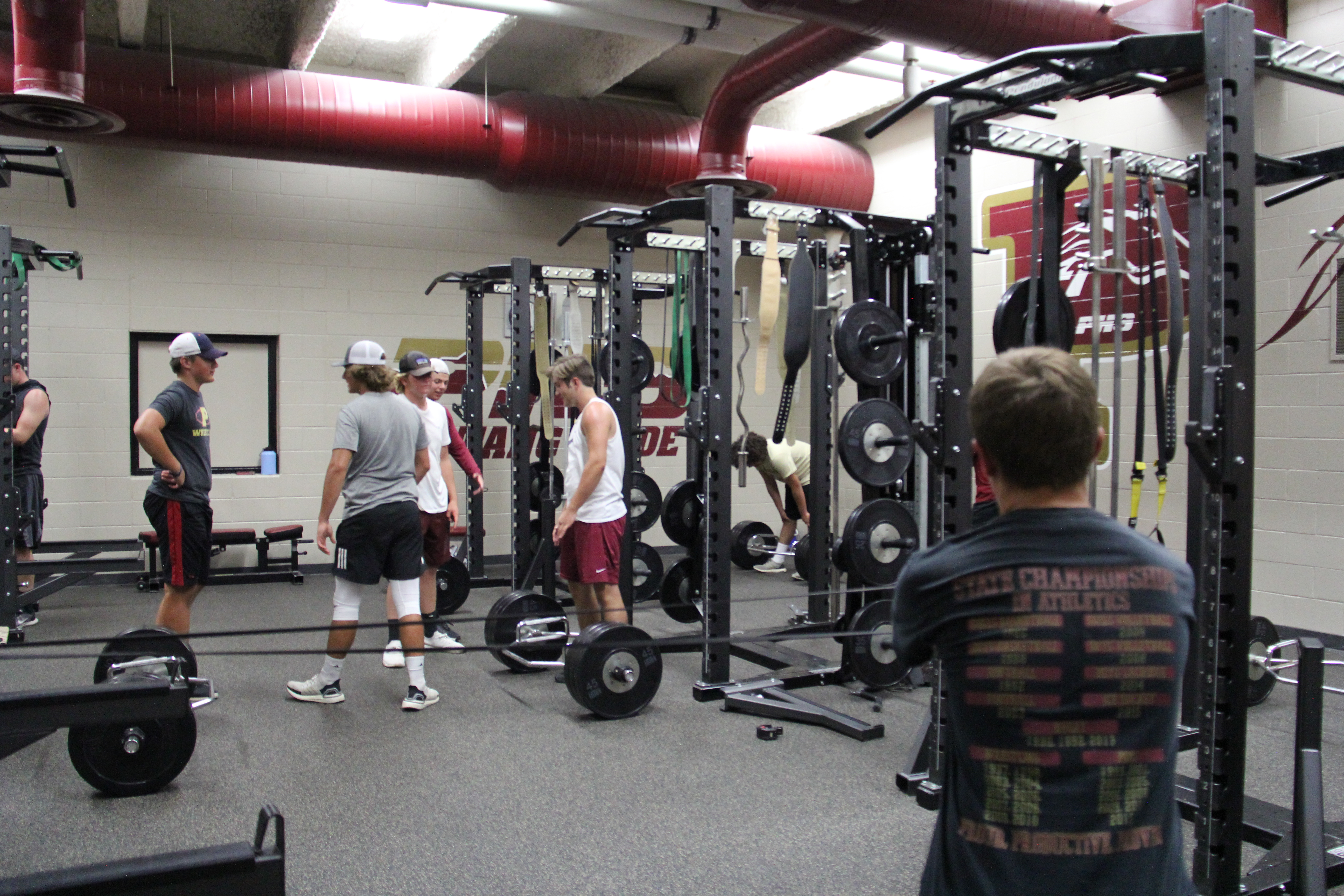Strength Training Vs Sports Specific Training
Sports Performance | Strength & ConditioningABOUT THE AUTHOR

Jimmy Pritchard
Jimmy Pritchard is currently the Director of Strength & Conditioning for Ski & Snowboard Club Vail in Vail, Colorado. He holds a BSc in Exercise Science from Colorado Mesa University and is currently working on his MSc degree in Exercise Science from Edith Cowan University. He is certified through the NSCA with both his CSCS and RSCC certifications.
// Strength training is not a fad
There is increasing awareness that strength training yields positive benefits on sports performance when properly executed. Not only can it reduce the risk for injury, but it also can increase one’s strength, power, endurance, mobility, and stability. I applaud individuals seeking to incorporate strength training for improved performance and health, while I wish to educate those who still fall into the trap of sports specific training.
Why do we strength train in the first place?
I’m often asked for “the single best skiing exercise”. With no hesitation I confidently insist that increasing skiing volume is the best way to increase skiing competency (shocker). I don’t say this to discourage anybody from strength training or downplay the importance of strength training, but the best way to improve sports specific performance is by practicing or performing that given sport. Strength training simply provides a method to improve ones physiological and biomechanical abilities. If skiing is used as our example, we know that anaerobic endurance, aerobic power, slow eccentric/concentric muscle contractions, and neuromuscular coordination are necessary to excel. Structuring strength and conditioning so that these qualities are improved should be the focus, whether they look like something for skiing or not. Do NOT be fooled by the visual presentation of exercises or training fads that you may see. Does back squatting a heavy weight in ski boots yield better results than squatting in regular lifting shoes? Most certainly not, in fact it’s an excellent way to sustain an injury. When it’s time to practice a sport, practice the sport. On the contrary, when it’s time to strength train, focus on properly executing the lift and don’t worry about putting a “sports specific twist” on the motion.

Considerations for sports specific training
Most sporting motions require a delicate motor unit recruitment in order to execute them effectively. Shooting a basketball is highly specific, as the athlete develops touch specific to the weight of the ball and distance from the rim. Going to the gym and performing shots with a 20-pound medicine ball is foolish and even worse highly detrimental as it will likely disrupt the special motor skills developed for the athletes shot. Aire caution with exercise selection, as the consequences can be rather serious. A sports performance professional whom I hold in high regard, Nick Winkelman, is a specialist in coaching athletes through many sports. He equates strength training for an athlete to improving a race car for a driver. He states that “The athlete is a lot like the driver and their body or physiological toolbox is like the car. If we can improve the parts in the car, our in our case the strength and power of the athlete, then we can give the driver a better car to race with”. Strength training provides you with a better toolbox to successfully train with when it’s time to train, it’s not just extra sport training. My suggestion to anybody looking to incorporate strength training for sport is to do a comprehensive needs analysis for the qualities needed to perform. From there, do some research on what movements can be used to enhance these qualities and how to structure training so that the positive benefits can be seen. All in all, strength train to stay safe, strength train to perform, and strength train to compete or have fun.

Are you a better coach after reading this?
More coaches and athletes than ever are reading the TrainHeroic blog, and it’s our mission to support them with useful training & coaching content. If you found this article useful, please take a moment to share it on social media, engage with the author, and link to this article on your own blog or any forums you post on.
Be Your Best,
TrainHeroic Content Team
HEROIC SOCIAL
HEROIC SOCIAL
TRAINING LAB
Access the latest articles, reviews, and case studies from the top strength and conditioning minds in the TH Training Lab

